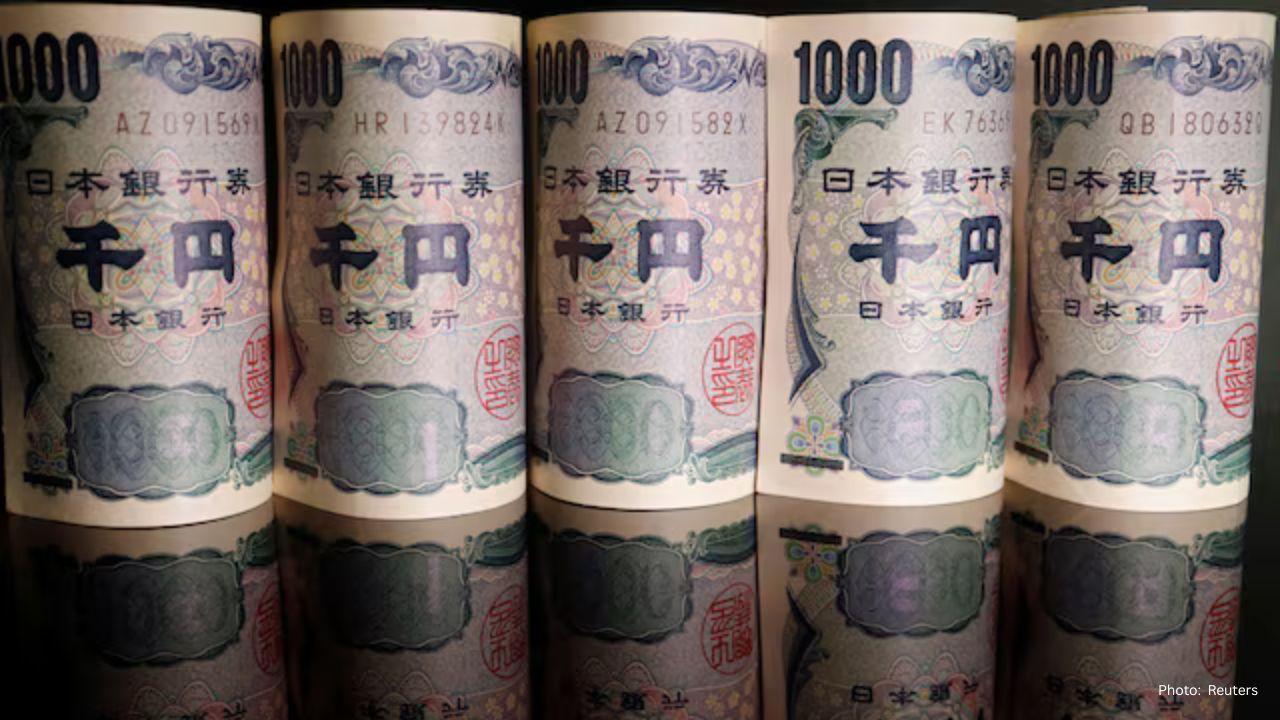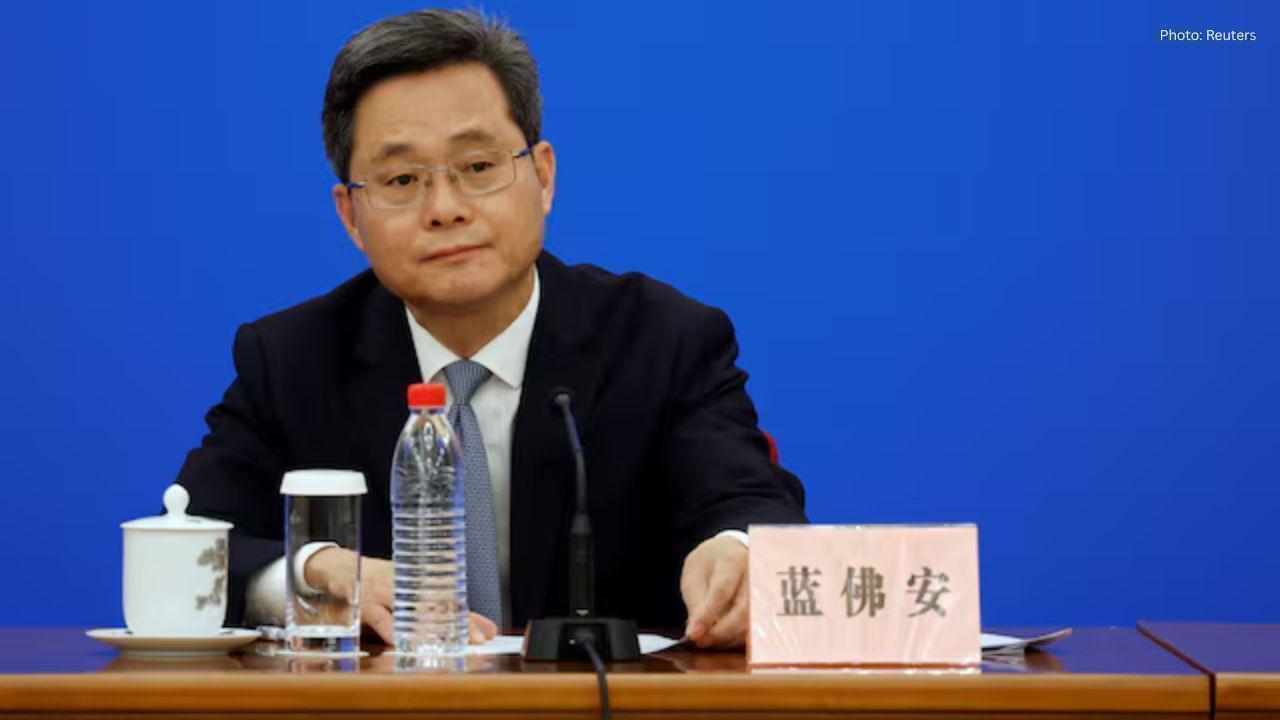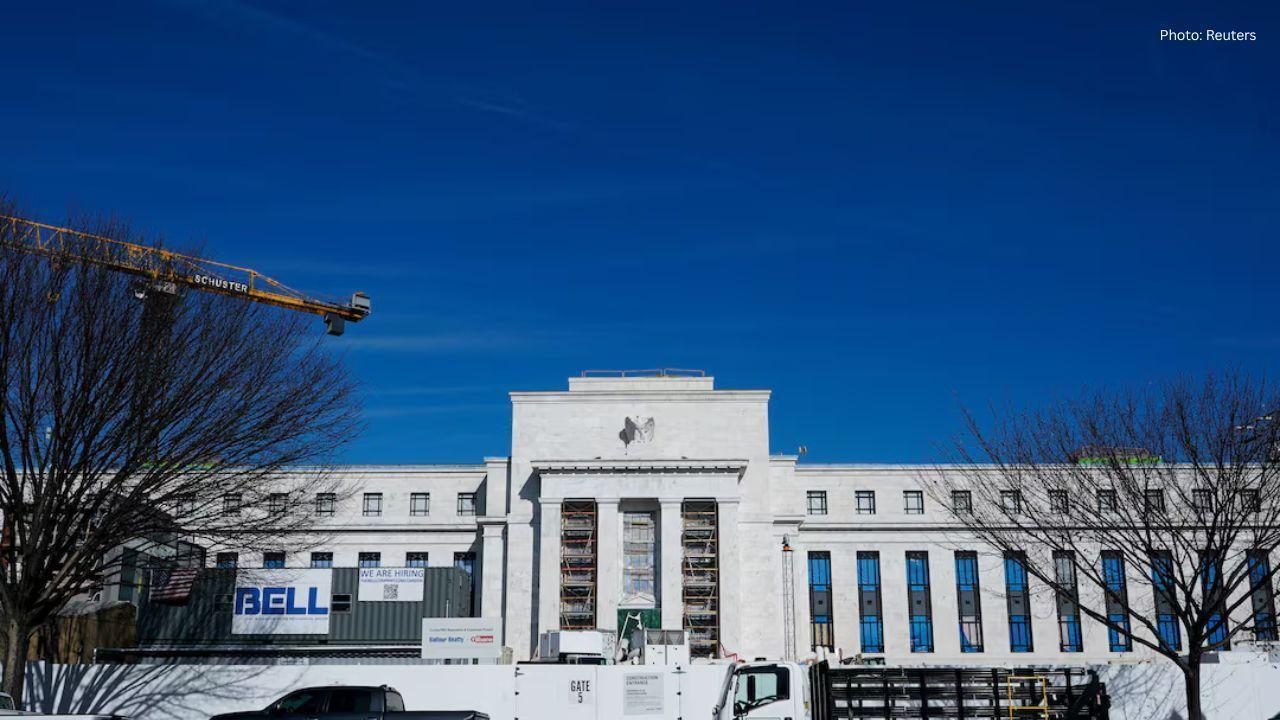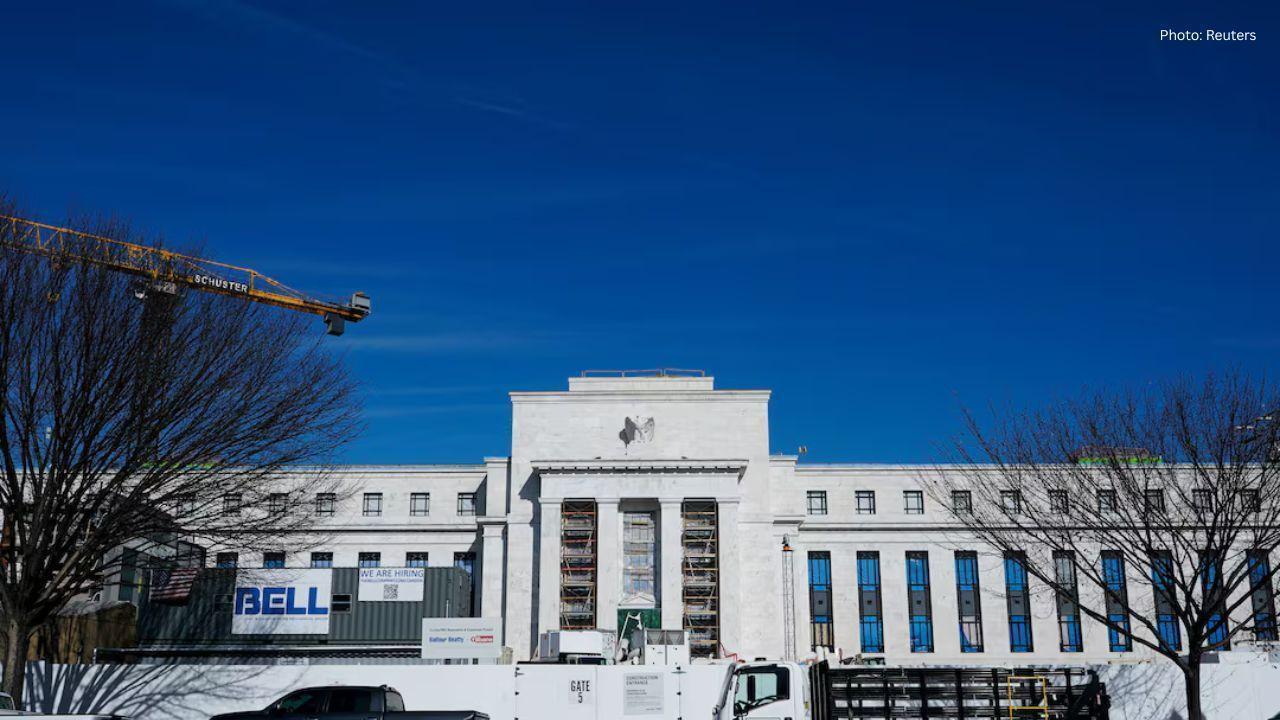
Post by : Sameer Saifi
The Japanese yen fell sharply to a record low against the euro and stayed close to a nine-month low against the U.S. dollar on Thursday. The drop came after Japan’s new Prime Minister, Sanae Takaichi, said she wanted the Bank of Japan to move slowly on raising interest rates.
The yen touched 179.50 per euro in early trading before slightly recovering to 179.43. Against the dollar, it fell to 155.02, almost matching Wednesday’s weakest level of 155.05 — the lowest since early February. In the afternoon, the yen traded at 154.91 per dollar.
This sharp fall worried Japan’s government, as a weaker yen makes imports like food and fuel more expensive. Rising import costs could bring back inflation problems for Japanese households, which are already struggling with higher living expenses.
Finance Minister Satsuki Katayama gave a warning about the yen’s weakness, calling the recent moves in the currency market “one-sided and rapid.” Analysts believe the government may soon pressure the Bank of Japan (BOJ) to act if the currency keeps falling.
Economist Norihiro Yamaguchi from Oxford Economics said, “The yen’s weakness is making the government nervous because it could increase food and energy prices again. The government may have to accept a rate hike eventually to stabilize the currency.”
Traders now expect a 22% chance that the BOJ will raise interest rates by a quarter-point in December, and a 43% chance that a rate hike could come by January. A rise in rates would make Japanese investments more attractive, which could help strengthen the yen.
Prime Minister Takaichi’s comments show that her government still wants to protect Japan’s slow economic recovery. She believes that raising interest rates too quickly could hurt small businesses and consumers. However, this cautious approach has added pressure on the yen in global markets.
Meanwhile, other currencies reacted differently. The Australian dollar rose to a two-week high after new data showed that Australia’s unemployment rate dropped more than expected in October. The strong job report reduced the chance of an interest rate cut by the Reserve Bank of Australia (RBA).
Traders now believe there is only a 6% chance that the RBA will lower rates in December. Analysts from ANZ Bank wrote that “the labour market remains a little tight,” meaning the economy is still strong enough for the RBA to keep rates steady for now.
Australia’s economy added more full-time jobs in October, calming fears that the job market was weakening. Analysts expect the RBA to make one more small rate cut in February 2026, bringing its cash rate down to 3.35%, and then keep it unchanged for a long time.
Global markets are expected to remain unstable over the next few days as the United States releases delayed economic reports following the recent government shutdown. However, the White House said that October’s jobs and inflation data may never be published, which could cause more uncertainty in global trading.
For Japan, the challenge is to balance economic growth with currency stability. While the weak yen helps Japanese exporters earn more overseas, it also makes daily life harder for ordinary citizens due to higher import prices. The government and the central bank now face tough decisions to protect the economy without creating new inflation risks.
#trending #latest #JapanEconomy #JapaneseYen #BankOfJapan #CurrencyMarket #ForexNews #Euro #Dollar #SanaeTakaichi #armustnews










Advances in Aerospace Technology and Commercial Aviation Recovery
Insights into breakthrough aerospace technologies and commercial aviation’s recovery amid 2025 chall

Defense Modernization and Strategic Spending Trends
Explore key trends in global defense modernization and strategic military spending shaping 2025 secu

Tens of Thousands Protest in Serbia on Anniversary of Deadly Roof Collapse
Tens of thousands in Novi Sad mark a year since a deadly station roof collapse that killed 16, prote

Canada PM Carney Apologizes to Trump Over Controversial Reagan Anti-Tariff Ad
Canadian PM Mark Carney apologized to President Trump over an Ontario anti-tariff ad quoting Reagan,

The ad that stirred a hornets nest, and made Canadian PM Carney say sorry to Trump
Canadian PM Mark Carney apologizes to US President Trump after a tariff-related ad causes diplomatic

Bengaluru-Mumbai Superfast Train Approved After 30-Year Wait
Railways approves new superfast train connecting Bengaluru and Mumbai, ending a 30-year demand, easi